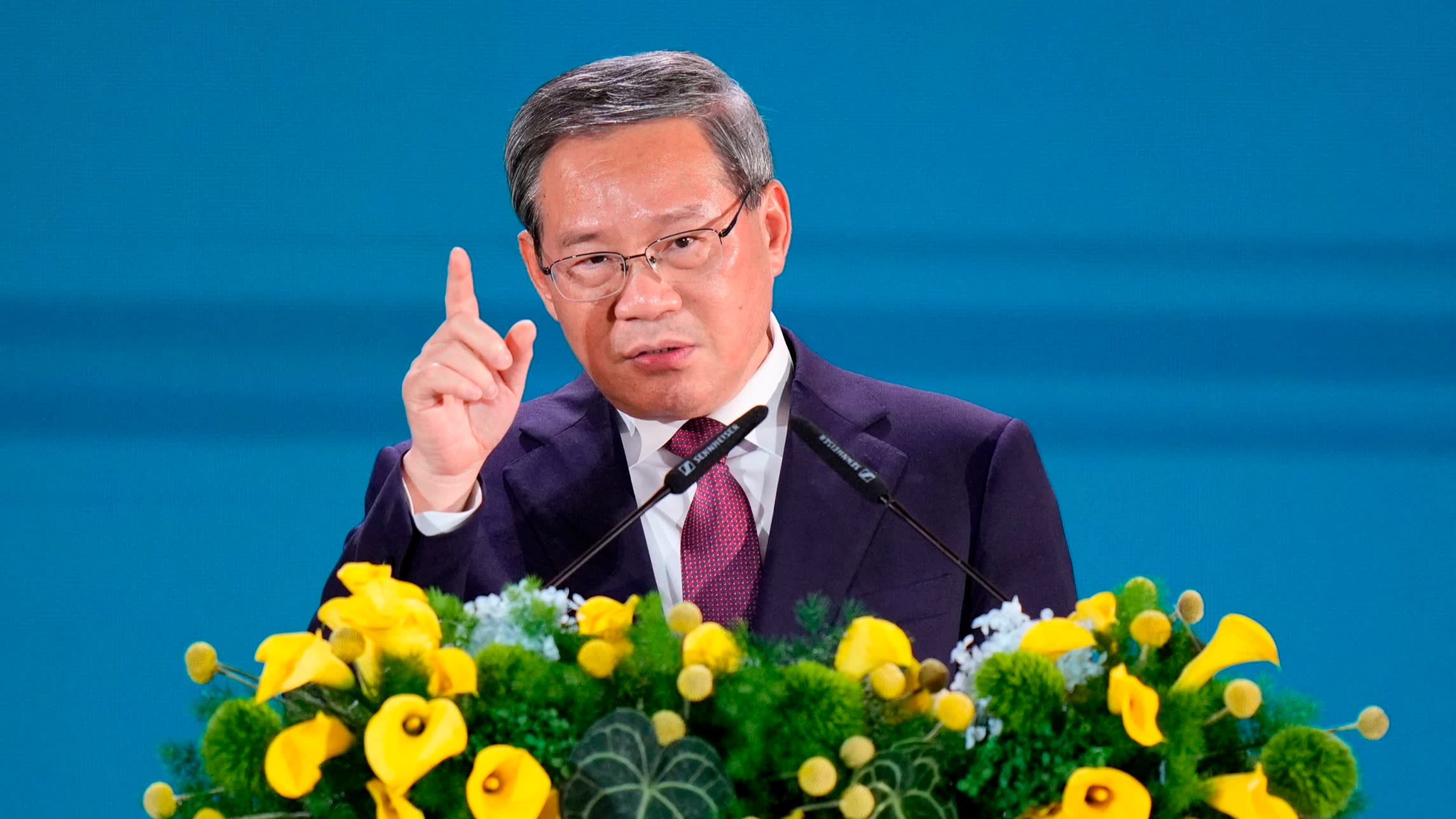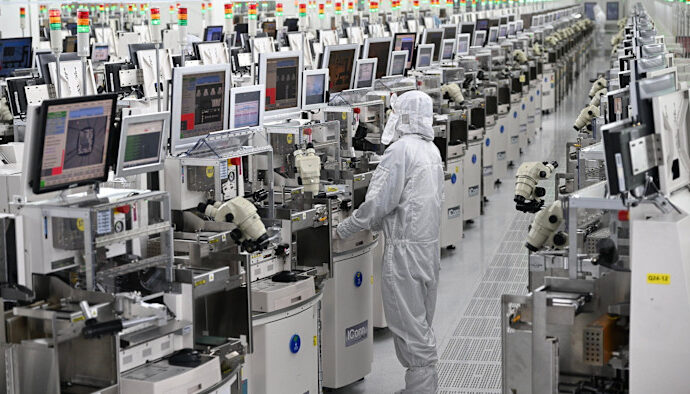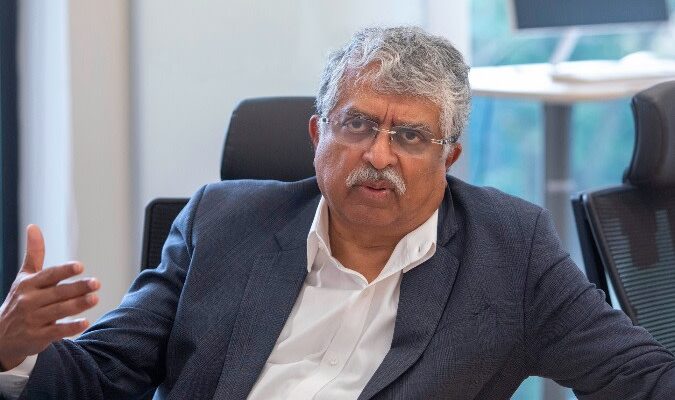
Unlock the Editor’s Digest for free
Roula Khalaf, Editor of the FT, selects her favourite stories in this weekly newsletter.
Addressing south-east Asian and Middle Eastern leaders in Kuala Lumpur this week, Chinese Premier Li Qiang had a clear message: at a time when US President Donald Trump is shaking the global trading system, Beijing wants to do business.
At a gala dinner following summit meetings with the Association of Southeast Asian Nations and the Gulf Cooperation Council, Li pointed out that the assembled countries together accounted for nearly a quarter of the world’s economy and population, but much less of its trade.
“Amid heightened geopolitical conflict, rivalry and confrontation, we can create long-term strategic opportunities when we deepen mutual trust,” he said. “Amid rising protectionism and unilateralism, we can unleash enormous market opportunities when we continue to open wider.”
It is a message with particular resonance for many of the assembled leaders, whose nations’ reliance on trade with the US has left them acutely vulnerable to trade tariffs proposed by Trump last month — though a US trade court ruling on Wednesday evening, invalidating Trump’s ‘liberation day’ tariffs, has added to the uncertainty.
“This is all weighing on the minds of everyone here,” Liew Chin Tong, Malaysia’s deputy trade minister, told the Financial Times. “This is an inflection point — it’s the biggest change to global trade since 1945.
“Everyone is thinking about what to do beyond the US market,” Liew said.
The gathering in Kuala Lumpur was only the second time heads of state and government from the 10 Asean countries and six Gulf nations had come to together to strengthen trade ties — and it was the first time they were joined by a Chinese premier and his expansive delegation.
The countries that attended the summit have a combined GDP of $25tn and a 2bn-strong population. But Li said that trade between the blocs accounted for just 5 per cent of the global total.
Liew said the gathering had made clear that the Chinese would talk to Gulf states “with or without south-east Asian countries”.
“We need to make sure we are part of those conversations,” the deputy minister said.
At the Mandarin Oriental over the road from the main convention centre, delegates from the Middle East, China and south-east Asia exchanged cards and discussed investments and joint ventures.
“The Chinese are trying to get involved in every deal,” said an executive from a Malaysian construction company. “They have always been interested in the region, but now they are saying, ‘if the US doesn’t want to work with you, we will’. They are actually hard to avoid.”
Among the deals sealed in Kuala Lumpur was an agreement for state-owned China Harbour Engineering Company to develop a port and industrial hub on Malaysia’s north-east coast.
Aside from political leaders, a number of senior business figures also attended the talks, including Khairussaleh Ramli, chief executive of Maybank, while the large Chinese contingent included executives from Bank of China and telecoms group ZTE.
Asean is in the process of tying up a trade agreement with the six member nations of the GCC. Anwar Ibrahim, the prime minister of Malaysia and this year’s Asean chair, invited China to attend this week’s talks just days before Trump won the US presidency last November.
China’s diplomats have been on a charm offensive in south-east Asia since the US’s reciprocal tariffs were unveiled on April 2. President Xi Jinping embarked on a tour of the region, seeking to head off a perceived threat that the US could use negotiations with countries over their eventual levies to restrict Beijing’s global influence.
Last week, the trade ministers from Malaysia and Singapore both warned that south-east Asian countries were coming under pressure to pick sides between the two global superpowers.
South-east Asia is among the regions that would be hardest hit by Trump’s tariffs, with Vietnam and Cambodia among the countries that have large trade surpluses with the US and were dealt levies of more than 40 per cent. Washington has set a deadline for implementation of the tariffs that expires in July to allow countries to negotiate.
Asean leaders agreed this week that any concessions made to the US in return for reduced rates must not come at the expense of other countries within the bloc.
Anwar was asked during the summit whether China’s presence showed Asean countries were favouring their powerful neighbour over the US. He responded that it was still his aim to keep both economic superpowers on side.
“If it means working with the Chinese, yes, we’ll do [it]. With the United States? Yes, we have to,” he said. “It makes a lot of sense to continue to engage and have reasonably good relations.”
He added that he had written personally to Trump to request a US-Asean summit later this year. Malaysian government officials said they were still waiting for Washington to set a date.
“The US is putting a wall around itself — we have to decide what we will do next,” Liew added.


